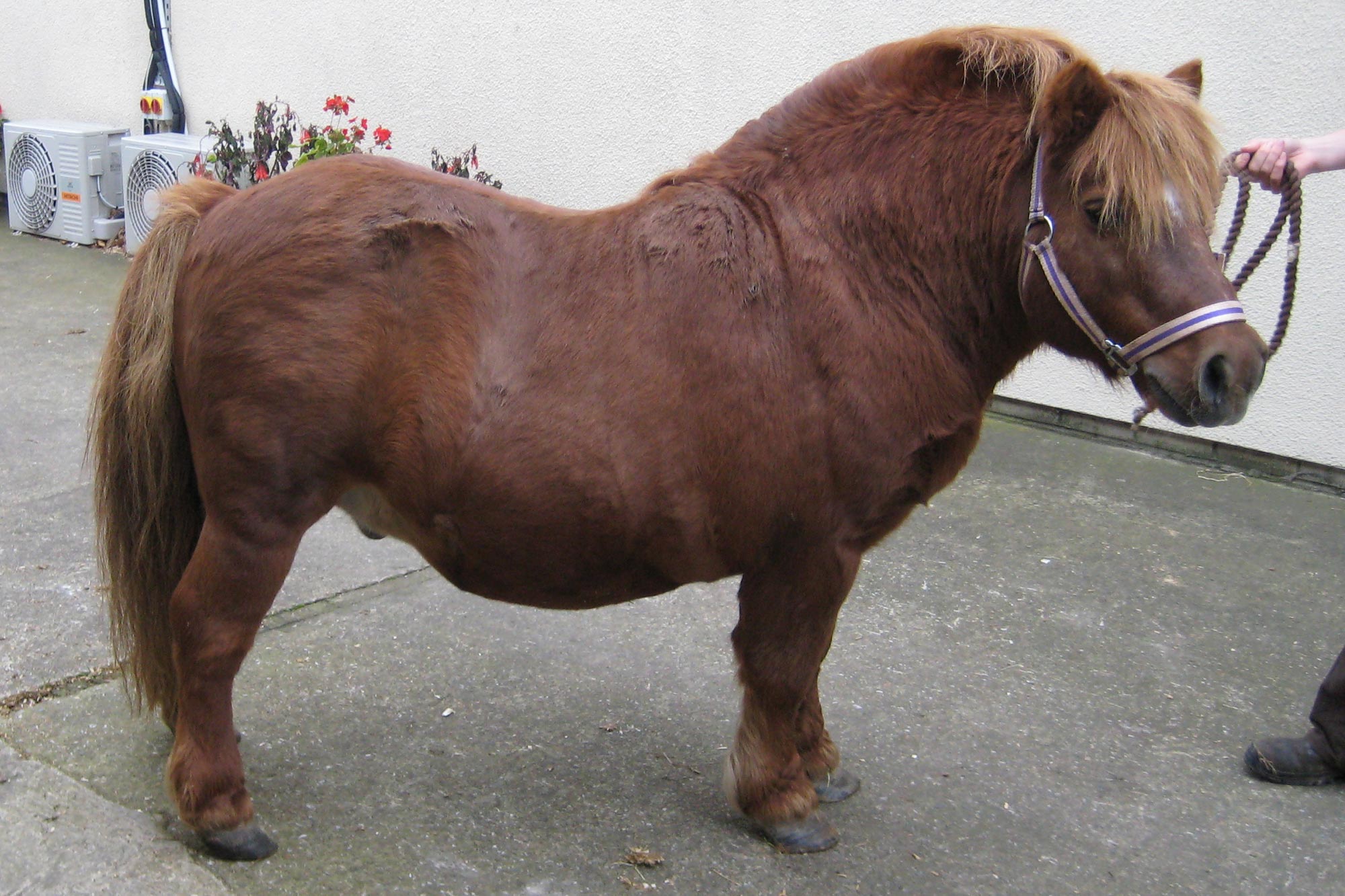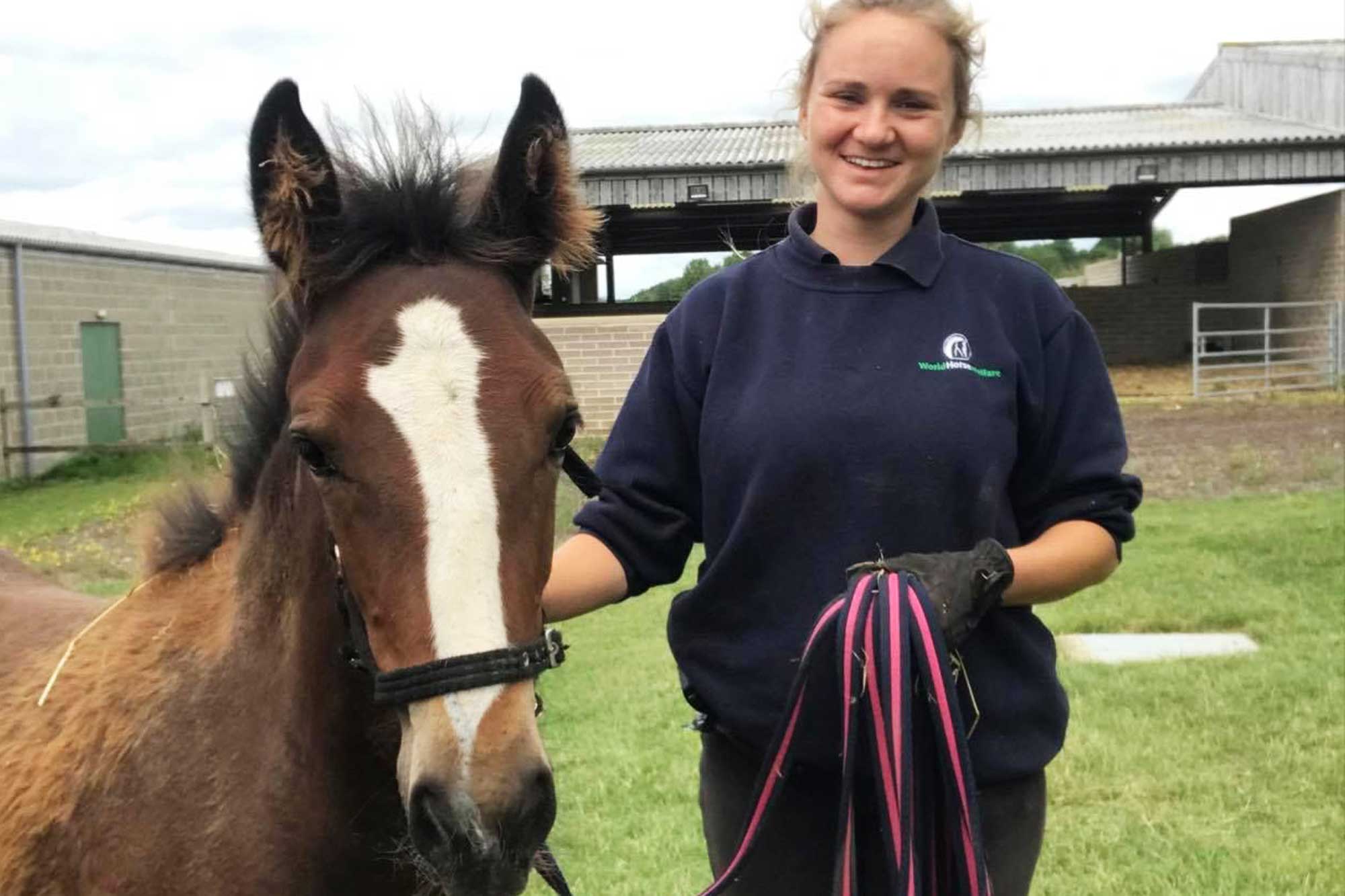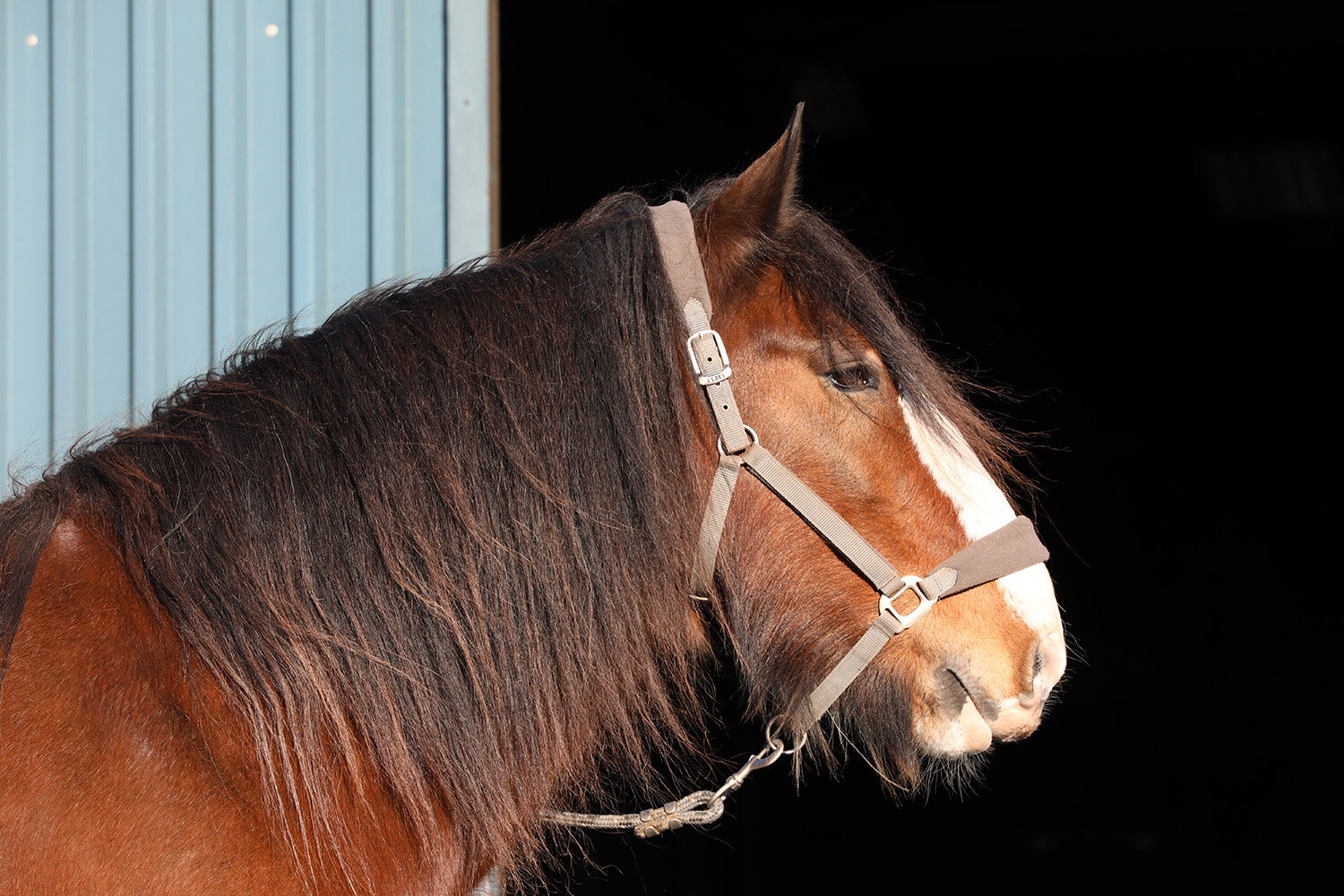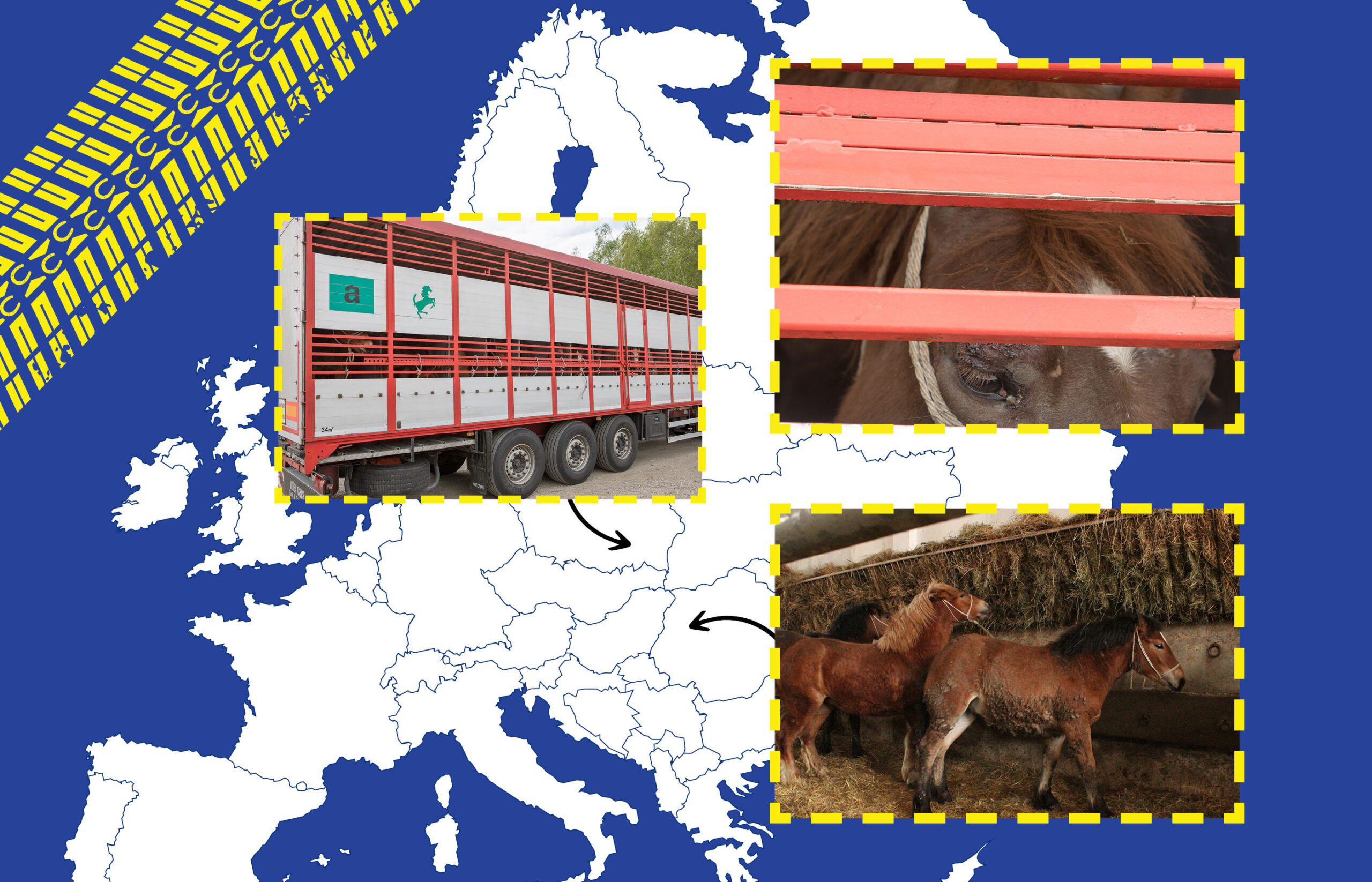Equestrian sport should be brave and proactive on welfare to maintain public acceptance
New opinion research shows public still supports riding horses but concerns around welfare in sport remain.
Posted on 16/06/2023

Equestrian sport is moving in the right direction, but it must continue to be brave and proactive to challenge the status quo if is to maintain public acceptance. This was the overarching message from an event for equestrian leaders and the media hosted by World Horse Welfare in London and online to discuss the state of horse sport’s social licence and the public’s perception of the use of horses in sport.
We believe welfare is best improved through the strengthening the horse-human relationship and supports the responsible involvement of horses in sport.
In his keynote presentation, Roly Owers, Chief Executive of World Horse Welfare, outlined the results of a new independent survey conducted by YouGov in mid-May this year which showed that despite a number of high-profile initiatives in the equestrian world, public perception of horses in sport has not yet changed since the same survey was run last year. The survey sampled a larger number of people (4,000+) in 2023, enabling the views of those who regularly interact with horses to be analysed separately.
- Around 60% of the general public are still not content with the status quo: two in five (40%) say they would support the continued involvement of horses in sport only if their welfare was improved and an additional one in five (20%) do not support the continued involvement of horses in sport in any circumstances. These results were largely unchanged from 2022.
- In the 2023 survey, the majority of the general public (57%) believes it is acceptable for horses to be ridden for any purpose, such as for sport or leisure, with only 15% disagreeing slightly or strongly.
- Only 2.3% of the general population identified as having regular interaction with horses.
- The majority of those who interacted regularly with horses (53%) wanted more measures to improve welfare and safety in sport, although statistically they were also more likely to be more content with the status quo.
- Those who interacted regularly with horses said recent media coverage made them feel more confident that the welfare of horses was protected in horse sport (37% of those who interact regularly with horses compared with 14% of those who do not).
- Media coverage had the opposite effect on the confidence of those who do not interact with horses regularly (25% were slightly or much less confident compared with 8% of those who interacted regularly with horses).
A recorded presentation by British showjumper William Whitaker demonstrated that even successful career equestrians can and should challenge the status quo to improve the welfare of their horses. He described how the behaviour of one of his horses led him to seek evidence-based advice which resulted in him changing the way he keeps that horse, and others, to make them more content. He is certain of the link between better welfare and improved performance.
A panel discussion chaired by writer and editor Lucy Higginson and featuring equestrian leaders including Julie Harrington, Chief Executive of the British Horseracing Authority; Olympic eventer Sam Griffiths; Rishi Persad, British sports television presenter; Theo Ploegmakers, President of the European Equestrian Federation and Merry Smith MRCVS, equine veterinarian, then explored the survey results further.
Rishi Persad said:
“The proximity of the survey to the ‘big news’ coverage of the Grand National this year shows that media coverage can change the public’s view but also reflects what is in the public’s conscience at the time.”
Theo Ploegmakers was asked whether he saw a similar threat to social licence in other countries. He agreed totally that it was relevant internationally but said:
“The majority of people support our sports but have concerns and there is variation across countries. Some, like Sweden, do everything with a view to social licence, but other countries do not have the same sort of horse sport tradition.”
Julie Harrington was asked about the fact that racing in Britain was the only equestrian sport that is licenced. She said:
“Licencing and registration should be seen as a good thing. Poor practice influences everyone’s business, but we are making headway and a strong body of evidence shows what is being achieved.”
Merry Smith agreed, saying:
“Recognised good standards have so many benefits, right through the levels, not just among the elite sports animals. We are making progress with independent bodies assessing, but this needs to be further developed.”
Sam Griffiths agreed completely with the principles of licencing but cautioned:
“Most people compete for the love of horses and at most levels it is not done for money. Existing regulations and red tape are already almost too much for those at lower levels, so there is a genuine fear of over-regulation.”
Sam went on to say:
“We do it for the love of the horses and the horses love their job. You cannot force a horse to do something it doesn’t want to do. People mustn’t forget that only the horses that have shown their suitability for a certain sport will be competing in that sport.”
Julie Harrington picked up on the tiny percentage of people who identify as having regular involvement with horses:
“This is a worry to me on a number of levels. These days, everyone gets their stories on social media and if horses are not part of your life, how are these good news stories going to get out there? How do we break through this bubble?”
Sam Griffiths added:
“We need to listen to everyone but six of the top ten sporting events in the UK are equestrian related, so there is a silent majority which we can’t ignore.”
The floor was then opened to questions from the audience and the panel tackled some thought-provoking topics such as how to get good news stories out from all levels, how to inform the public that horses enjoy their lives and how this can be demonstrated scientifically, and how changes and improvements in welfare can be communicated.
During his summing up, Roly celebrated the progress made by the equestrian world since last year and advised the equestrian world to:
“Take the complete view, this is all sports and the complete lifetime of the horse. We are moving in the right direction but it will take time and it is vital to be brave and proactive and to challenge the status quo.
“The horse world is taking fundamental steps down the path to ensure all horses in sport are able to live a good life, and we need to take our colleagues, fellow equestrians and the general public with us when we show how horses can thrive in equestrianism.”
Roly emphasised how:
“Making evidence-based decisions is vital to build that trust and transparency in maintaining public acceptance. So we must double down to make that investment in future research because it is the lifeblood of being able to tell that story about all that is good in horse sport.
“It would be too much to expect that opinion could be shifted by the good work of the past 12 months, but what this research also shows is that those of us in the horse world can see the world from the comfortable confines of our own bubble, so we must actively seek independent opinion to see how we are truly seen. We must also recognise that even within our horse world bubble, there are lots who want change.”
The full 1hr and 10-minute event can be watched below.
Topics
Related News

Horse owners fail to recognise dangers of obesity
Obese, overfed and dangerously unhealthy - this is the current crisis in horse welfare, according to a groundbreaking survey released today by World Horse Welfare.

Webinar: Myth busting: Is my horse being a pain or in pain?
Welfare Wednesday Webinars return to our screens
Recommended Blog Posts

Buena’s story – how our foals are cared for from birth to rehoming
Senior Groom Steph introduces lovely filly Buena and explains how the team care for foals from birth right through to finding them a loving home for youngster handling.

We catch up with gentle giant Seamus in his new home
Rehomer Nikky tells us what life is like with Clydesdale Seamus and how he is settling in with his new companion Puddin.

A (nearly) century long commitment
Ending the long-distance transport of horses for slaughter.
Enjoy reading stories like this?
Join over 55,000 other horse lovers and sign up for our email newsletter

Join over 55,000 other horse lovers and sign up for our email newsletter
Sign me up now